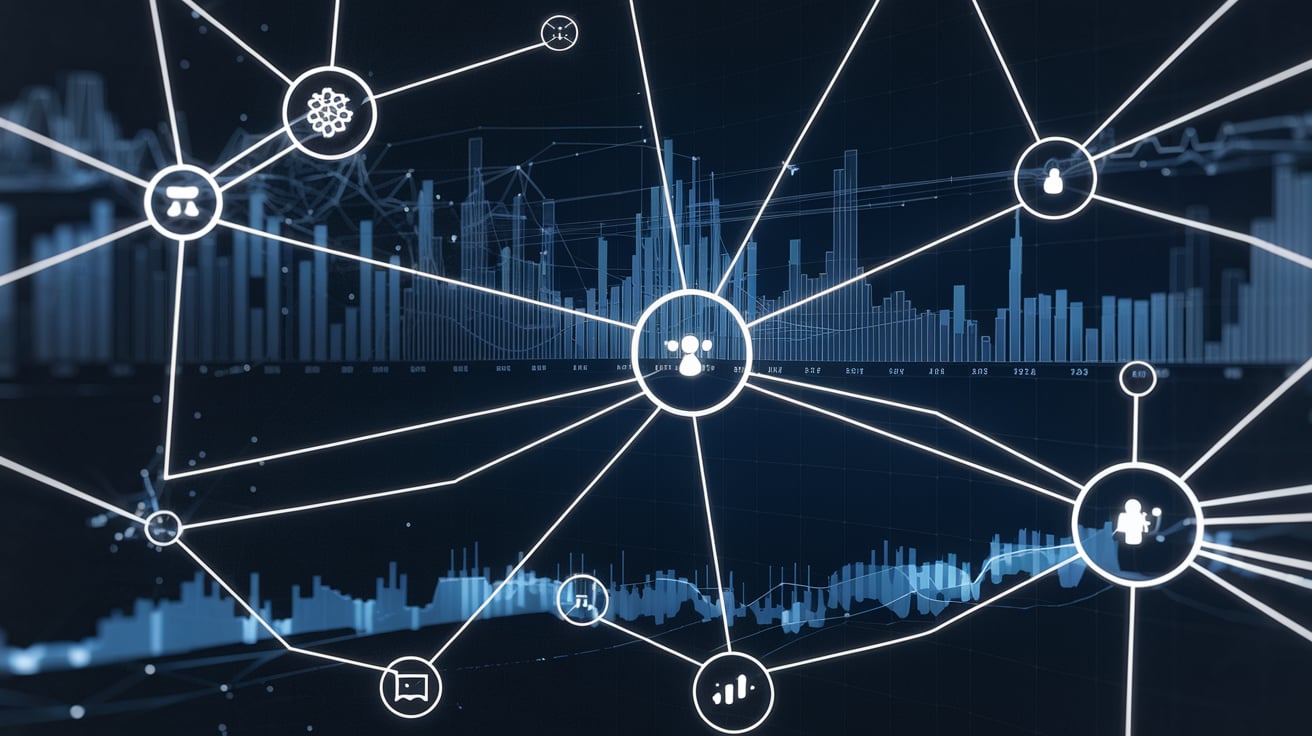
Effective communication is essential for learning and task performance, according to a recent study by researchers at the University Hospital Bonn (UKB) and the University of Bonn. The study, published in Nature Communications, explores how language-like communication between artificial networks can enhance learning outcomes and task execution.
Prof. Tatjana Tchumatchenko, from the Institute of Experimental Epileptology and Cognition Research at the UKB, and a member of the Transdisciplinary Research Area "Modelling" at the University of Bonn, explains that communication—whether through sounds, smells, or movements—is fundamental to cognition and survival. The study underscores that our brain’s task descriptions are shaped not only by sensory experiences but also by communicated information.
In their novel approach, the Bonn researchers employed artificial networks as teacher and student agents. The teacher network learned to navigate a maze and then guided the student network through the task by transmitting messages. This setup allowed the team to investigate how language-like communication between these artificial agents could improve learning and task performance.
Carlos Wert-Carvajal, co-corresponding author and Ph.D. student, highlighted that the results are consistent with observed language formation in animals. The study revealed that both the teacher and student networks developed a shared language that facilitated learning. The language evolved to efficiently represent and convey information about the task and learner’s performance.
“What we found aligns with the idea that our brain creates abstractions to communicate shared experiences,” Wert-Carvajal said. For instance, rather than describing an apple with its attributes, the term “apple” efficiently represents a shared concept. This efficiency in language allows for clear and concise communication.
Tobias Wieczorek, first author and former master’s student, added that feedback from the student’s performance led the teacher to refine their language, making it more useful. This finding illustrates that effective communication requires both the sender and receiver to collaborate, ensuring clarity and utility.
Remarkably, the researchers found that by “closing the loop”—where the learner's language is fed back to itself—the agents could effectively teach each other despite lacking explicit teaching skills. This ability to use developed language for essential information transfer underscores the robustness of the communication system they created.
Dr. Maximilian Eggl, co-corresponding author and former postdoc, emphasized that the study demonstrates the fundamental role of language-like communication in learning and generalization. The findings offer valuable insights into designing both biological and artificial communication systems that optimize learning and task performance.
The research highlights the critical importance of shared cognitive experiences in communication and provides a framework for enhancing learning processes in various environments.